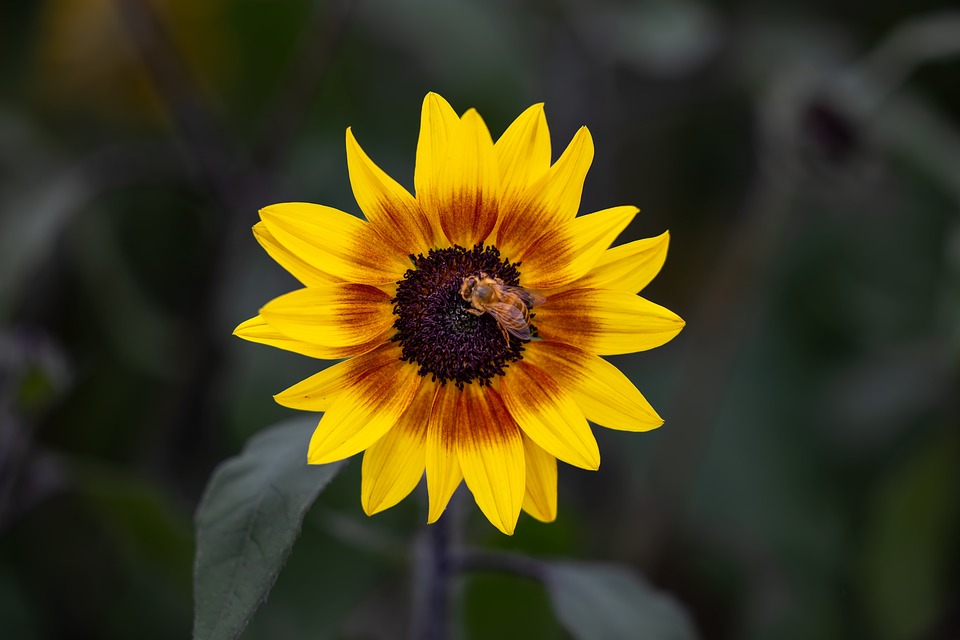In a world filled with uncertainties, superstitions have long been a coping mechanism for many individuals seeking to control their fate. These irrational beliefs, often rooted in cultural traditions or personal experiences, play a significant role in shaping human behavior and decision-making. Despite modern advancements in science and technology, superstitions continue to hold sway over a large portion of the population. In this article, we will delve into the fascinating world of superstitions, exploring the latest research findings that shed light on their mysterious origins and impact on society.
The Historical Context of Superstitions
Superstitions have been an integral part of human history, dating back to ancient civilizations where rituals and practices were employed to ward off evil spirits or bring about good luck. These beliefs were often tied to religious or cultural practices, shaping the way people interacted with the world around them. From carrying lucky charms to avoiding certain numbers or actions, superstitions have evolved over time and continue to influence our daily lives in subtle ways.
The Current State of Superstitions
In contemporary society, superstitions manifest in various forms, ranging from common practices like knocking on wood for good luck to more elaborate rituals such as astrology or tarot card readings. Despite the progress made in science and rational thinking, superstitions persist in both the personal and professional realms. Studies have shown that even highly educated individuals are not immune to superstitious beliefs, highlighting the deep-seated nature of these irrational convictions.
Recent Research Findings
– A study published in the Journal of Experimental Psychology found that individuals who engage in superstitious behavior exhibit a greater sense of control over their environment, leading to improved performance in challenging tasks.
– Neuroimaging studies have revealed that superstitions activate the same brain regions associated with reward processing, suggesting that these beliefs may provide a psychological boost to individuals facing uncertainty.
– Cross-cultural research has shown that superstitions vary widely across different societies, highlighting the complex interplay between cultural norms and individual beliefs.
Practical Applications of Superstitions
– In the business world, superstitions can influence decision-making processes, leading to practices like lucky charms or rituals that employees believe will bring success.
– Athletes often rely on superstitions to enhance their performance, from wearing specific clothing items to following a strict pre-game routine.
– Superstitions can provide comfort and stability in times of crisis, offering individuals a sense of control over unpredictable circumstances.
The Future of Superstitions
As we continue to unravel the mysteries of superstitions, researchers are exploring new avenues to understand the psychological mechanisms behind these beliefs. Advances in neuroscience and cognitive psychology offer valuable insights into how superstitions shape our perception of the world and influence our behavior. By studying the cognitive processes involved in superstitions, researchers hope to develop strategies to mitigate their negative effects and promote rational thinking in society.
Conclusion
In conclusion, superstitions remain a fascinating and enigmatic aspect of human behavior that continues to captivate our imagination. The latest research findings provide valuable insights into the origins and impact of superstitious beliefs, shedding light on their enduring relevance in modern society. By embracing a scientific approach to studying superstitions, we can unlock the secrets of these irrational beliefs and discover new ways to navigate the complexities of human psychology. Thank you for joining us on this journey through the world of superstitions, and we invite you to explore further resources to deepen your understanding of this intriguing topic.
